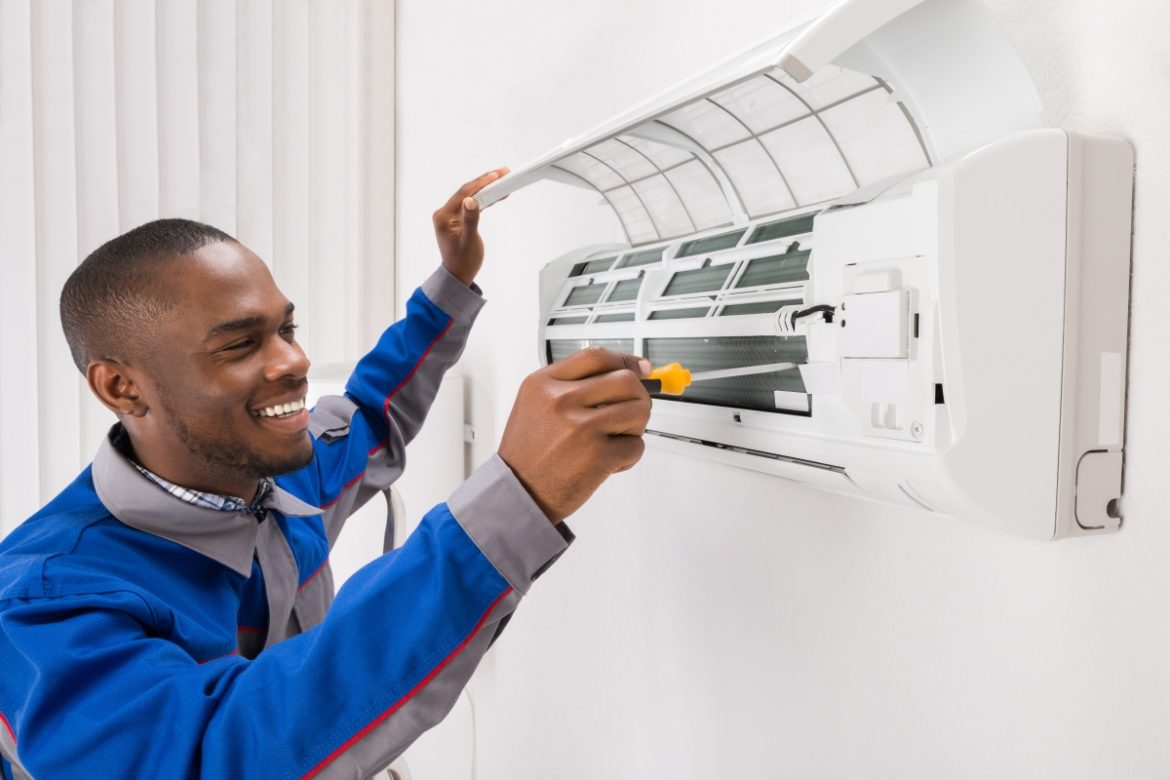Smart home technology has revolutionized how we manage our living spaces, offering efficient solutions that extend to optimizing air conditioning costs. As summer temperatures soar, keeping cool without breaking the bank becomes a priority for many homeowners. Here’s how smart home technology can help find how much does air conditioning cost and achieve this goal effectively.
1. Smart Thermostats: Precision Control
Central to smart home air conditioning management is the smart thermostat. Unlike traditional thermostats, these devices learn your schedule and preferences, adjusting temperatures accordingly. By integrating with your smartphone or other smart devices, you gain remote access to control settings from anywhere. This capability allows you to adjust temperatures based on occupancy, ensuring energy isn’t wasted cooling an empty house and check how much does air conditioning cost.
2. Energy Usage Insights: Informed Decisions
Smart thermostats also provide valuable insights into energy usage patterns. They track how and when your air conditioner operates, offering detailed reports that highlight peak usage times. Armed with this data, homeowners can make informed decisions on optimizing cooling schedules and adjusting settings to minimize energy consumption during costly peak hours.

3. Zone Cooling: Targeted Comfort
Another advantage of smart home technology is the ability to implement zone cooling. By dividing your home into zones with individual temperature controls, smart systems can direct cooling only where and when it’s needed. This prevents overcooling of unoccupied rooms, effectively reducing energy waste and lowering overall air conditioning costs.
4. Integration with Weather Data: Adaptive Cooling
Many smart thermostats integrate with local weather forecasts, helping homeowners better manage their energy use and understand How Much Does Geothermal Heating Cost Per Month. This feature enables the system to preemptively adjust cooling levels based on anticipated weather changes. By leveraging predictive analytics, the thermostat can optimize settings to maintain comfort while minimizing energy expenditure during cooler periods.
5. Automation and Scheduling: Effortless Efficiency
Automation is a hallmark of smart home technology. Users can program cooling schedules tailored to their routines. Whether it’s adjusting temperatures automatically when you leave for work or preparing the home for your return, scheduling ensures energy efficiency without sacrificing comfort. This hands-off approach to managing air conditioning helps maintain optimal conditions while reducing costs over time.

